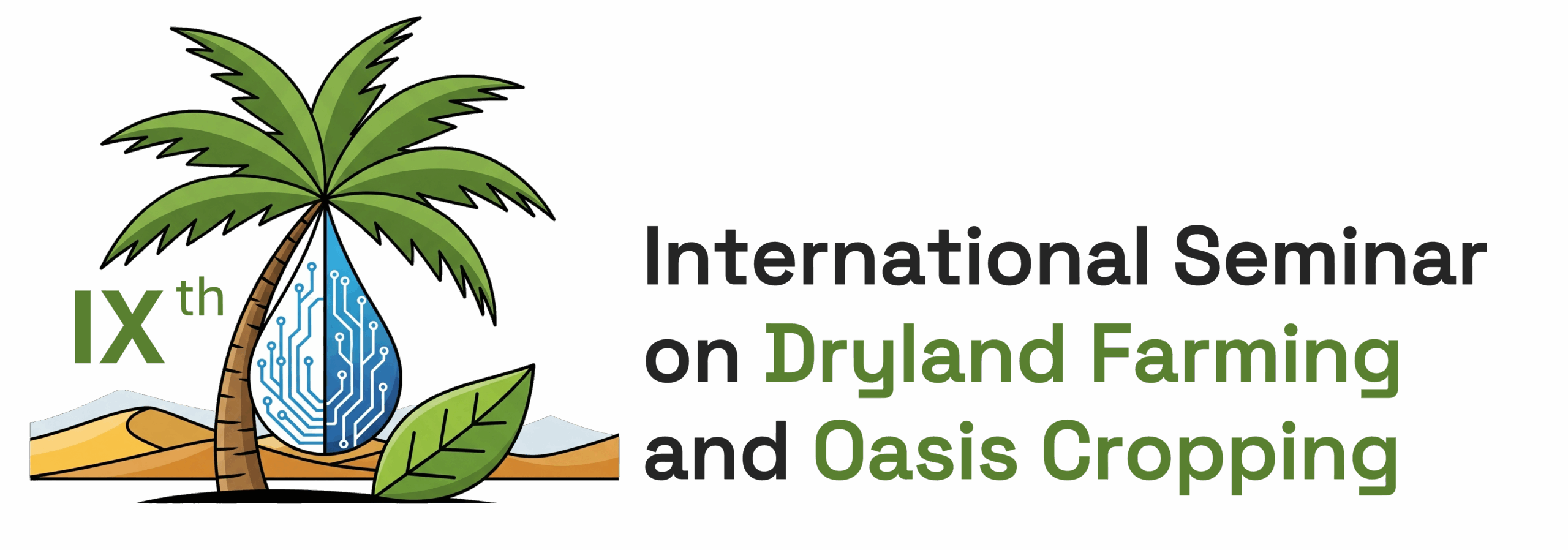📢 Abstract submission opens on September 15th, 2025
TOPICS
Join the GRINTA SUD 2026 International Seminar and explore crucial themes designed to illuminate paths toward sustainable agriculture in arid and Saharan regions. Our rich and diverse program promises stimulating discussions and concrete avenues for addressing current challenges.

1- Biodiversity in the Face of Climate Change and Genetic Resource Management
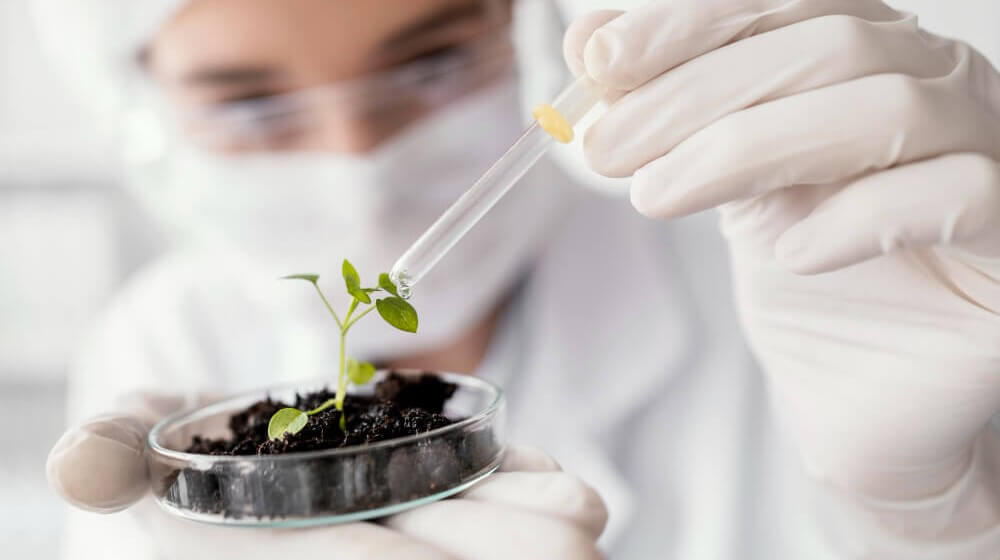
2- Biotechnology in Support of Agricultural Development
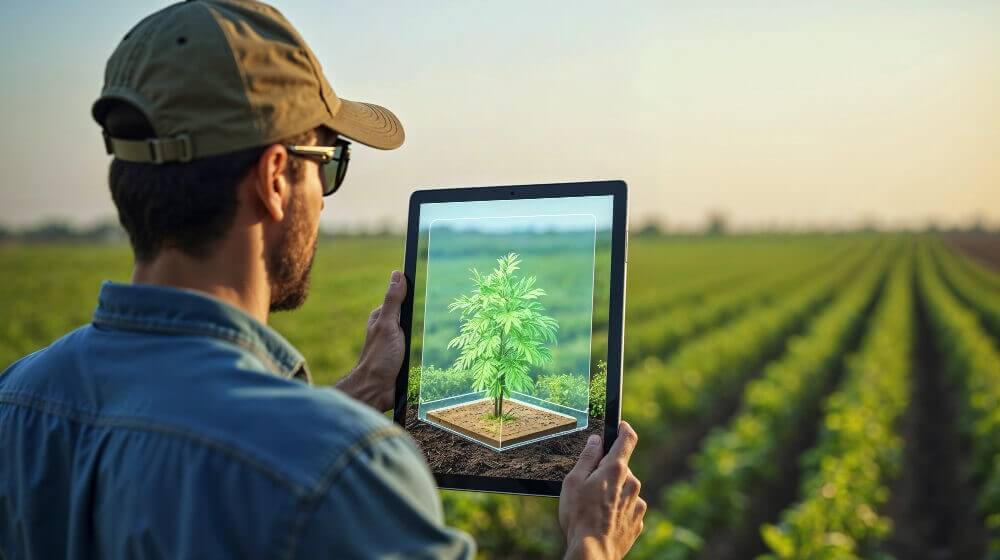
3- Innovative Water and Soil Resource Management
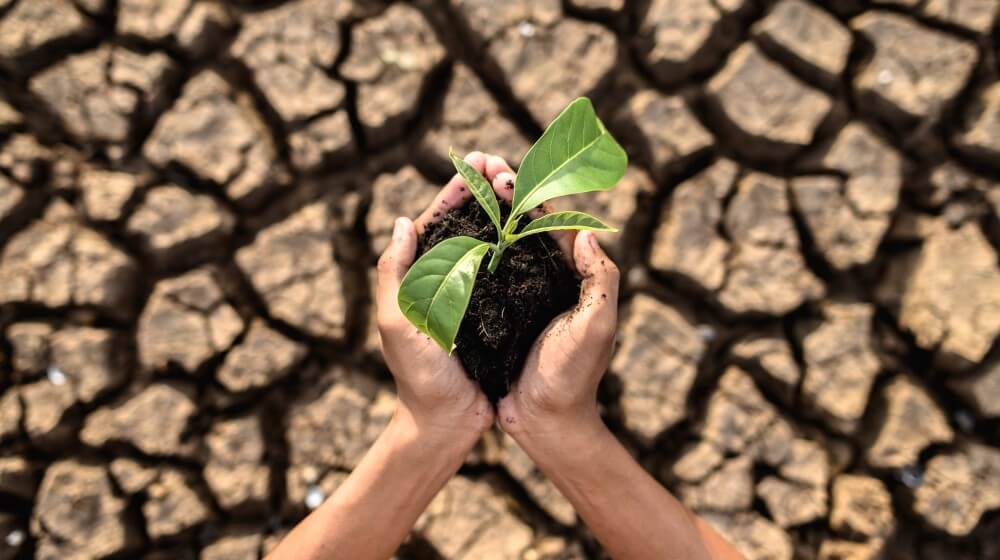
4- Crop Health
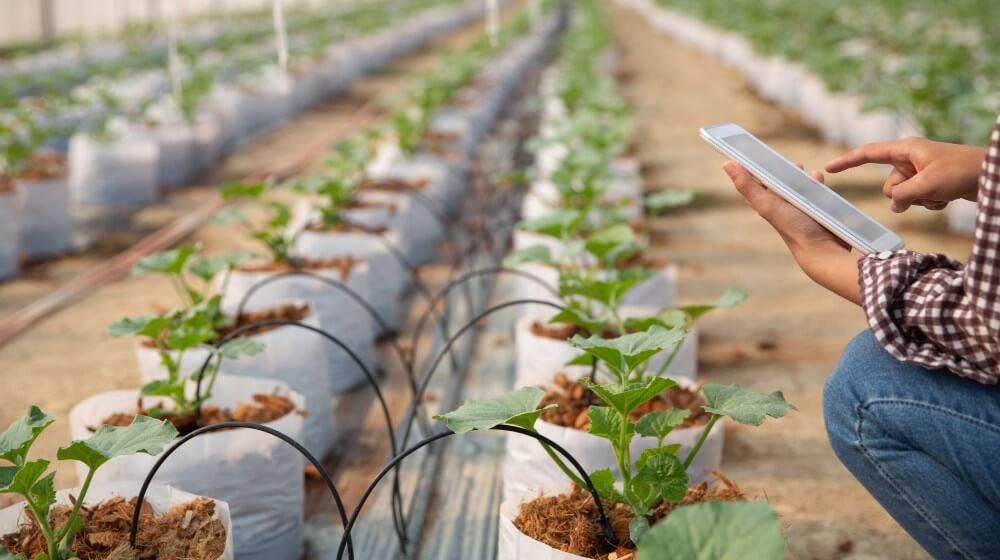
5- Agroeconomic Assessment for Sustainable Agricultural Systems
Topics GRINTA SUD 2026 Seminar
1. Biodiversity in the Face of Climate Change and Genetic Resource Management: The focus will be on the state of cultivated and wild biodiversity, the risks it faces, and the adaptive methods adopted by plant species in arid environments. This workshop will discuss in situ and ex situ conservation methods, the importance of gene banks and local seeds, and ways for valuing and upgrading genetic resources to improve food and nutritional security.
2. Biotechnology in support of agricultural development:
This session will discuss the most recent breakthroughs in biotechnology as they relate to the selection, processing, and conservation of agricultural products from arid zones. The emphasis will be on in vitro cultivation techniques, biochemical and organoleptic evaluations, and the use of molecular markers to improve product quality and traceability. These developments help to put local products (dates, grains, legumes, and medicinal plants) on the national and international markets.
3. Innovative Water and Soil Resource Management:
Water and soil resource management is a major concern in arid environments, where water scarcity and land degradation present direct threats to food security and production system sustainability. This session will focus on new and integrated techniques to improve water mobilization, modernize irrigation, and safeguard soils from salinization and desertification:
- Water Mobilization: An examination of solutions that combine conventional and unconventional water resources, such as desalination, the reuse of treated wastewater, and rainwater collection.
- Precision Irrigation: An overview of irrigation management and optimization technologies that incorporate renewable energy, networked sensors, and remote sensing for more effective and sustainable water management.
- Soil conservation and rehabilitation entails delving further into the chemical, biological, and physical characteristics of arid soils, with a focus on salinization prevention, fertility restoration, and ecosystem preservation.
4. Crop Health
Crop health is a major challenge for agricultural systems in arid environments, where extreme climatic conditions favor the emergence of pests and diseases. This theme will highlight integrated protection strategies and collective responses to new phytosanitary threats in order to sustainably preserve crop productivity and quality:
- Integrated Pest and Disease Management: Discussions on long-term techniques that combine biological, cultural, and technical ways to reduce agricultural losses while using less pesticides.
- Emerging Challenges: A discussion of emerging diseases, invading pests, quarantine, and biosecurity challenges to ensure the long-term viability of production systems in dry areas.
5. Agroeconomic Assessment for Sustainable Agricultural Systems
Agroeconomic analysis is critical in the search for sustainable agriculture systems in arid climates. It provides tools to evaluate the economic and social viability of practices, increase the resilience of rural communities, and explore alternative models for resource management and development to achieve inclusive and circular development.
- Socioeconomic Assessment: Evaluating economic and social analysis of agricultural practices in drylands, incorporating issues of employment, rural poverty, and youth and women’s inclusion.
- Community Resilience: Advancing participatory territorial techniques that can boost resilience and social cohesion in the face of climatic and economic challenges.
- Resource optimization: Developing strategies for the intelligent use of natural resources to maximize agricultural productivity while ensuring long-term sustainability.
- Circular Development: applying circular economy principles to rural and territorial development, particularly through recycling, byproduct recovery, and local activity diversification.
